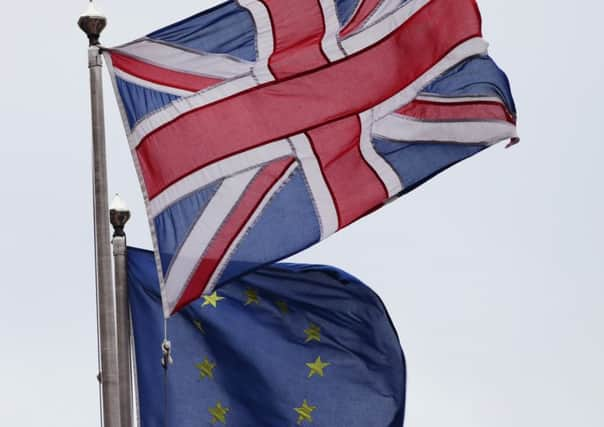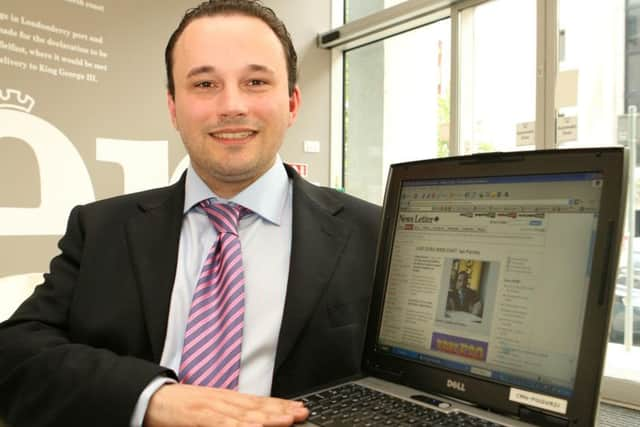What happens after Brexit vote? Here are some possible outcomes


Of course, the answer is always “It depends” – on what the UK’s new relationship with the EU is, on when it is resolved, and on what exposure households and organisations have to the EU.
One point needs clarification: the EU is an association of 28 member states. If one member state decides to withdraw, then all of its territory ceases to fall within the EU, and its citizens cease to be EU citizens.
Advertisement
Hide AdAdvertisement
Hide AdWhat precisely this means depends on the exact nature of the relationship subsequently negotiated, but we should be in no doubt that if the UK proceeds to leave the EU, the only way for Scotland and Northern Ireland to remain within the EU is to leave the UK.


It should not be doubted either that the UK-wide vote will be taken as an instruction by the new prime minister to begin negotiations on withdrawal from the EU. It is anyone’s guess how these negotiations will be carried out, or what outcome they will arrive at.
We are hearing much about ‘Article 50’, which may be invoked by the prime minister as the most obvious means of withdrawal. However, this gives the UK and the EU only two years to negotiate terms. Thus, such a move would instantly weaken the UK’s negotiating hand, as it would be out at the end of two years even if nothing had been agreed.
A disproportionate number of people in Northern Ireland will be exposed in some way to EU funding. In an extreme case, that the UK leaves the EU relatively quickly with no subsequent trade deal in place, this funding would simply disappear. This possibility has to be considered, but is unlikely.
Advertisement
Hide AdAdvertisement
Hide AdAnother possibility is that the UK will leave the EU but remain in the EEA (the so-called “Norway Model”), thus maintaining free movement, a contribution to EU budget (but also access to Structural Funds) and a requirement to implement some (but not all) EU Law.


This would mean that some current funding (e.g. PEACE) would probably be secure, and that there would be some chance of maintaining access to specific other funding streams, albeit at a reduced level (e.g. for business R&D or infrastructure).
Unfortunately, the downgrade in the UK’s credit rating alone had the effect of requiring the UK now to pay more merely to service the interest on its debt than it pays into the EU budget. Notably, even in the EEA, there is no access to Rural Development Funds (such as CAP), which will now in effect have to be replaced from within Northern Ireland’s devolved budget.
It remains possible, though unlikely, that the UK will remain within the EU in the end. An incoming prime minister, faced with economic recession and constitutional chaos (and, thus, a tarnished legacy), may seek a new EU deal and put it back to consultation with the people. However, even this may mean some withholding of EU funds and continued economic uncertainty during negotiations.
Advertisement
Hide AdAdvertisement
Hide AdThere is opportunity in every risk, however, and now may be the time to engage in real reform of public services and in appropriate consolidation of provision within the voluntary/community sector.
• Ian James Parsley is a political analyst who in the past worked with the Council of Europe on peace and democracy initiatives across Europe. As well as research at Stormont, he chairs the economic and political analysis firm Ultonia Communications (www.ultonia.com), and maintains a well known blog (www.ianjamesparsley.wordpress.com).